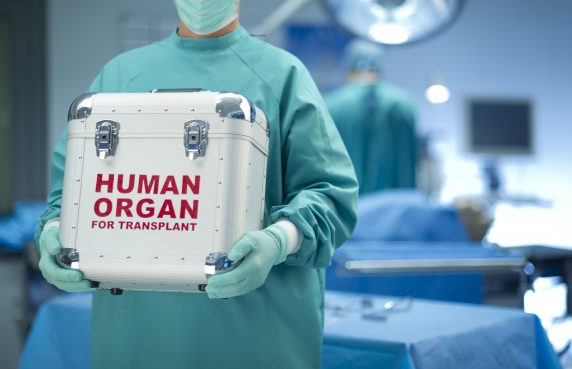New opt-out organ donation bill passes final hurdle in Parliament

The new organ donation (deemed consent) bill has officially passed through Parliament, after it was approved by the House of Lords yesterday.
This means the legislation, which will implement an opt-out organ donation system, will soon become law, a move which has been welcomed by GP leaders.
Once it becomes law, the new system will automatically register patients as organ donors, and those not wishing to donate must actively remove themselves.
This means the Government will have fulfilled its pledge to bring in an opt-out organ donation system in England by 2020.
The BMA, who have been campaigning for an opt-out system for nearly two decades, believe the bill is the best way to increase donation rates.
BMA Medical Ethics Committee chair Dr John Chisholm said: ‘This shift will allow us to build on the improvements that have already been made to the organ donation system, in order to maximise the number of lives that can be saved and transformed by an organ transplant.
‘It is now essential that attention is given to publicising the forthcoming change so that people have the opportunity to think about their wishes and to opt out of donation if they wish to do so. We also need to ensure that the NHS is given the resources needed to make this potential increase in donation a reality,’ he continued.
This comes as Northern Ireland – which will soon be the only nation not to have an opt-out system – has been given extra funding for ‘coordinated activities to increase organ donation’.
Northern Ireland BMA chair Dr Tom Black welcomed the money, but said these campaigns ‘do not go far enough’, arguing, ‘we need legislation’.
He said: ‘Northern Ireland is now the only part of the UK which has not committed to an opt-out system.
‘Given that around 200 people in Northern Ireland are on the transplant waiting list and last year 13 people died waiting for an organ donation, it’s important that our elected representatives do what they can to work towards introducing a soft opt-out system here.’
In 2017, the Scottish Government introduced a soft opt-out system for organ donation, meaning that organs can be donated after death even if the person has not signed up to donate organs, but the removal of organs would not go ahead without support from next of kin and families.
In Wales, the system was first introduced in 2015 and was hailed as a success in the first two months, as six of the 15 people who donated their organs came from the new rolled out scheme.



 Oviva’s fully remote Tier 3 Weight Management programme
Oviva’s fully remote Tier 3 Weight Management programme





